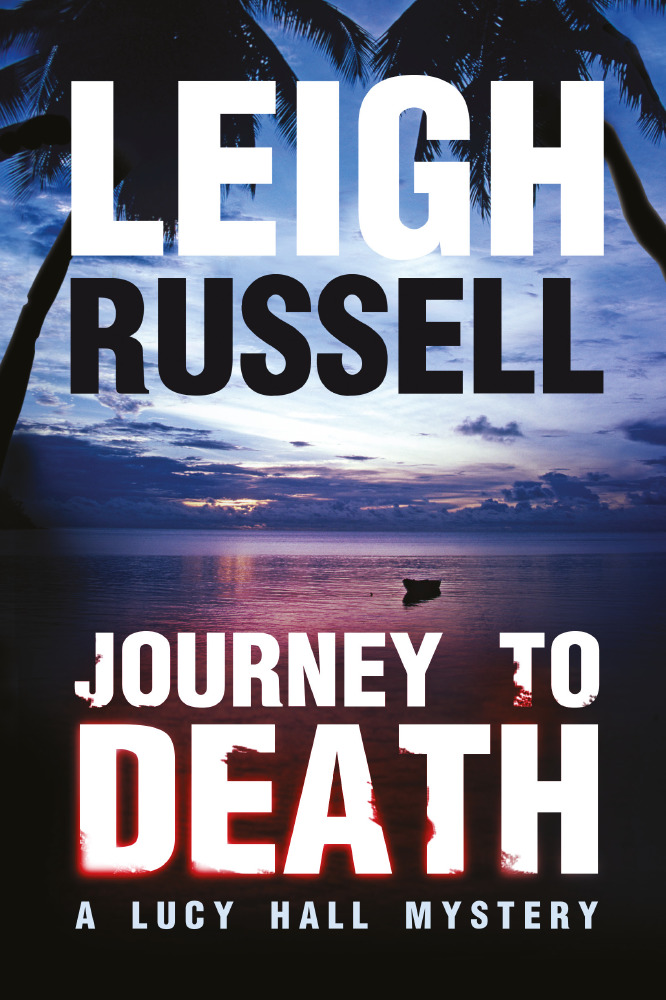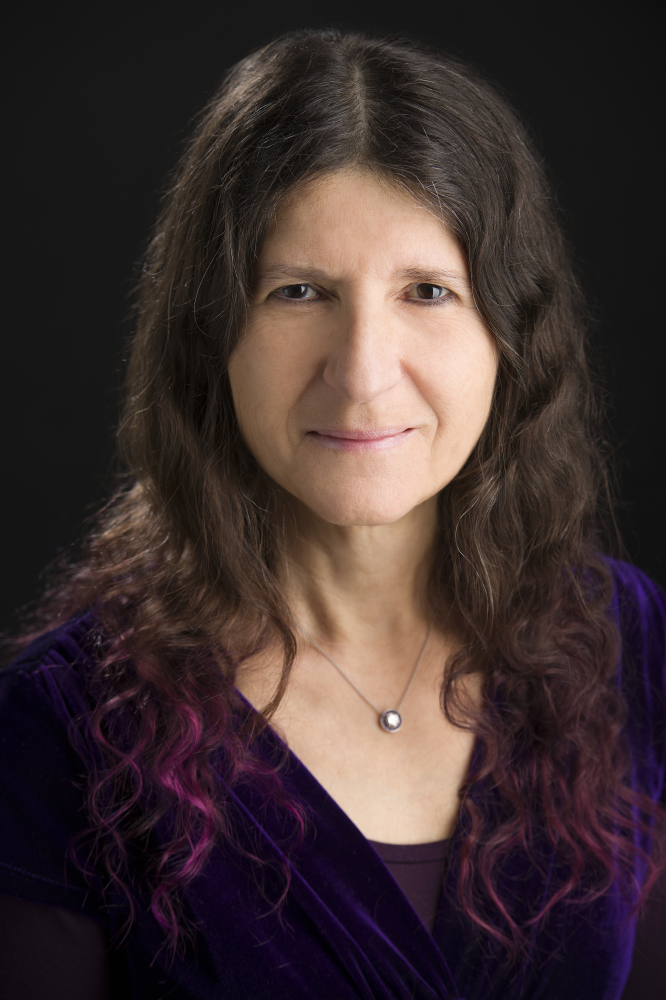Becoming a full-time writer has changed my life in many ways, some obvious, others more subtle, like the change in my reading habits. Because while many of my favourite authors write crime, from Conan Doyle to Peter James, Raymond Chandler to Lee Child, I tend to avoid reading other crime writers when I'm writing. You may be surprised that I did not read any novels set in exotic locations while writing the first Lucy Hall novel. The setting for Journey to Death comes from my imagination informed by my own research - because of course I had to spend two weeks in the Seychelles researching the location. I'm nothing if not dedicated!


Leigh Russell
Content is not the only way reading influences our writing. Reading beautiful lucid prose hopefully feeds into the way we write. Reading widely is a prerequisite to writing as well as we can. As William Faulkner put it: "Read, read, read. Read everything -- trash, classics, good and bad, and see how they do it. Just like a carpenter who works as an apprentice and studies the master. Read! You'll absorb it. Then write."
So here goes with my Top Ten Novels, which is really a selection from my Top Hundred or more.
1. To Kill a Mockingbird (Harper Lee). Based on a criminal investigation, this is one of the most powerful and fascinating books I have ever read, offering an insight into a different era as well as the individual characters who feature in the book.
2 Frankenstein (Mary Shelley). This gripping novel resonates far beyond the story, which is why the monster has become an iconic figure. In the original novel, Frankenstein is the name of the scientist who creates the unnamed monster, one of the most misrepresented characters in fiction. Yes, he commits murder yet, like Lear he is a creature 'more sinned against than sinning'. Films portray him as evil by nature, but the novel evokes our sympathy for the monster who is universally rejected because he is physically hideous. The novel has a message about man's intolerance towards others, about how hatred can embitter and twist us. It offers a chilling warning about the dangers of using our scientific and technological knowledge to create monsters that could destroy us. The story, subtitled 'A Modern Prometheus' was conceived and written a hundred years before the atom was first split.
3. Wuthering Heights (Emily Bronte). Heathcliff is a character towards whom I am ambivalent. Like many other teenage girls, I fell in love with the strength of his passion for Cathy. Yet he is actually a powerful precursor of a pathetic but hugely popular character in contemporary fiction who glamourises the abuse of women. Heathcliff contrives to be a romantic hero despite him being a violent and abusive sadist.
4. The Remains of the Day (Kazuo Ishiguru). This is a beautifully written novel, with the narrator a master of understatement, allowing us to read between the lines. He cannot speak openly to the reader, as he cannot admit his feelings to Miss Kenton. It is a haunting novel of missed opportunities, unrequited love, and nostalgia, and I find it painfully moving.
5. The Age of Innocence (Edith Wharton). Like The Remains of the Day, this is a novel where the protagonist misses his opportunity for love. It is a delicate and haunting portrayal of a society governed by a strict code of manners, where passion and spontaneity and emotion are deliberately stifled.
6. Pride and Prejudice (Jane Austen). The story of this novel is a cliche, another take on Cinderella, but all of Austen's characters are brilliantly drawn and frequently hilarious. Although it has its drama, this is a book to read and chuckle over.
7. Bleak House or perhaps Great Expectations (Charles Dickens). I love Dickens. He is often accused of rambling, and there is a lot of 'padding' in his novels as he had to produce a certain word limit for his serialised novels, but his plots are nevertheless very skilfully woven. His characterisation, and his evocative descriptions, are second to none, and despite his Victorian indulgence in sentiment, his books are hugely entertaining.
8. Of Mice and Men (John Steinbeck). A very short book, written with a deceptive simplicity of style, this is a moving story of intolerance and the love between two friends. I used to struggle when teaching it, as I find the ending so moving, and it's not a good idea to break down in tears in front of a class of teenage boys.
9. Gormenghast (Mervyn Peake). In this bizarre fantasy, a surreal world is peopled by truly memorable and very weird characters. The account of the chef in his kitchen is one of the most brilliant descriptions I have ever read, evocative, entertaining, and menacing. It is powerful writing.
10. The Hobbit (J.R. Tokien) Along with The Lord of the Rings, this is more than just a series of exciting adventure stories. These are classic tales of an individual pitted against many enemies, succeeding through sheer pluck and ingenuity. The characters are unforgettable, Gollum and Gandalf, Thorin, Aragorn of Arathorn... and the struggle between the forces of good and evil have never been more skilfully depicted.
Purely by chance, half of the books I chose were written by women, and half by men
Tagged in Leigh Russell

